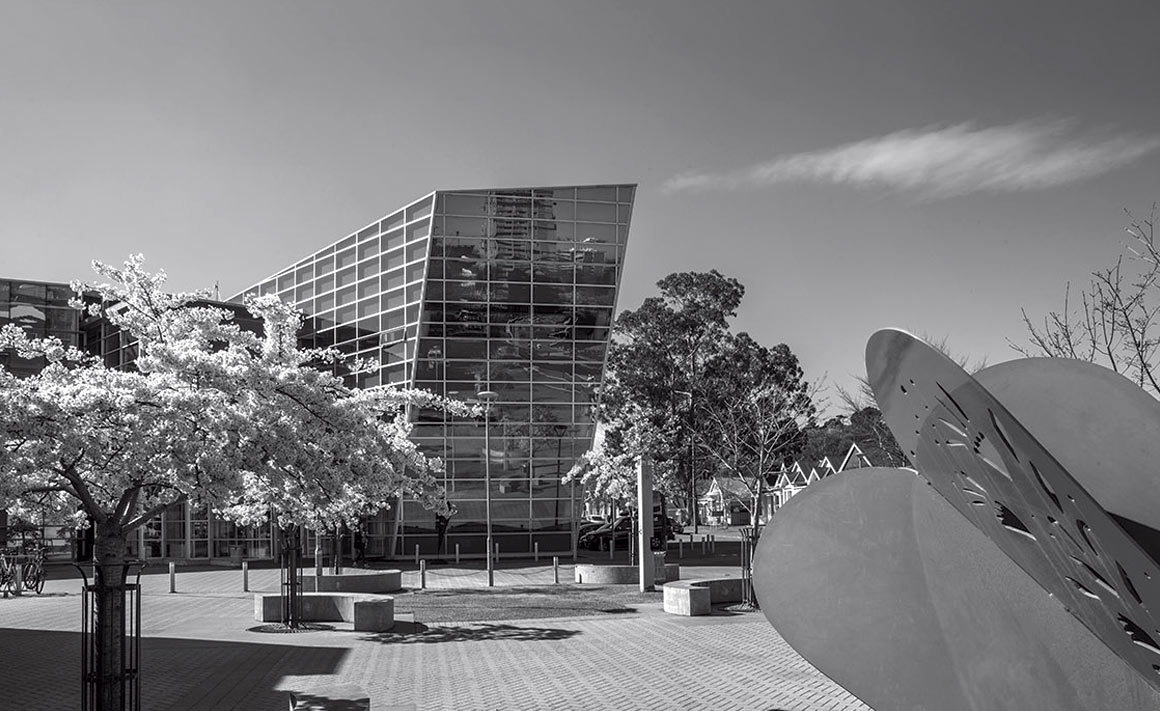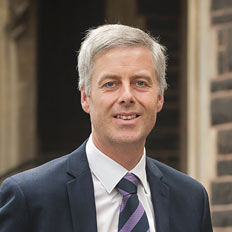
Welcome to He Kitenga, showcasing recent research highlights from the University of Otago.

As a physicist, one of the most stunning recent scientific advances was the first direct measurement of gravitational waves from the LIGO observatories in the USA, confirming a prediction made by Albert Einstein more than a century ago. This outstanding discovery allowed the destructive spiralling collision of two rotating black holes to be observed and will lead to a better understanding of the origins and fabric of the universe we inhabit.
The pathway from prediction to observation for gravitational waves involved many twists, obstacles and personalities, including a critical contribution from New Zealander Roy Kerr, exemplifying the wonderful and often unpredictable journey that research entails. The questions that can be addressed in cosmology using this discovery are now vastly increased and our Otago mathematicians and scientists working in this area are highlighted in one of the stories of this edition of He Kitenga.
The story of gravitational waves, as one that I find personally and intellectually fascinating, is repeated with disciplinary variation and richness of personality across many of the other features herein. By looking back to the past rather than out to the cosmos we can illuminate the important roles that language, imagery, architecture, rhetoric and performance have on modern institutions and society – John Hall's study of the lessons of politeness and performance of Roman orators and Murray Rae's work on medieval architecture's role to create religious and social cohesion give but two examples.
As fundamentally important as such scholarship and science is, knowledge without impact is like a great masterpiece that is never displayed for a community to appreciate. The impact from research touches many lives in many ways in translational projects led by Otago researchers. Through multiple longitudinal studies under the auspices of the National Centre for Lifecourse Research, Moana Theodore describes the evaluation of the long-term effects of education on Māori whānau and communities. Richard Gearry from our Christchurch campus, the recipient of our 2016 Carl Smith Medal and Rowheath Trust Award for early career research excellence, shows the importance of clinically-focused research for the treatment and management of people with inflammatory bowel disease.
So, whether your interests are in the outer reaches of the universe, the inner workings of our bodies, or the intricate interrelationships in our societies and cultures, there will be something to satisfy your curiosity in this edition of He Kitenga. The timescale from idea to action can vary from months to millennia, but the culture of Otago research is to seek impact and share the benefits of new knowledge in every discipline. Enjoy these stories as part of our commitment to this journey, wherever you may be.
Professor Richard Blaikie
Deputy Vice-Chancellor (Research and Enterprise)